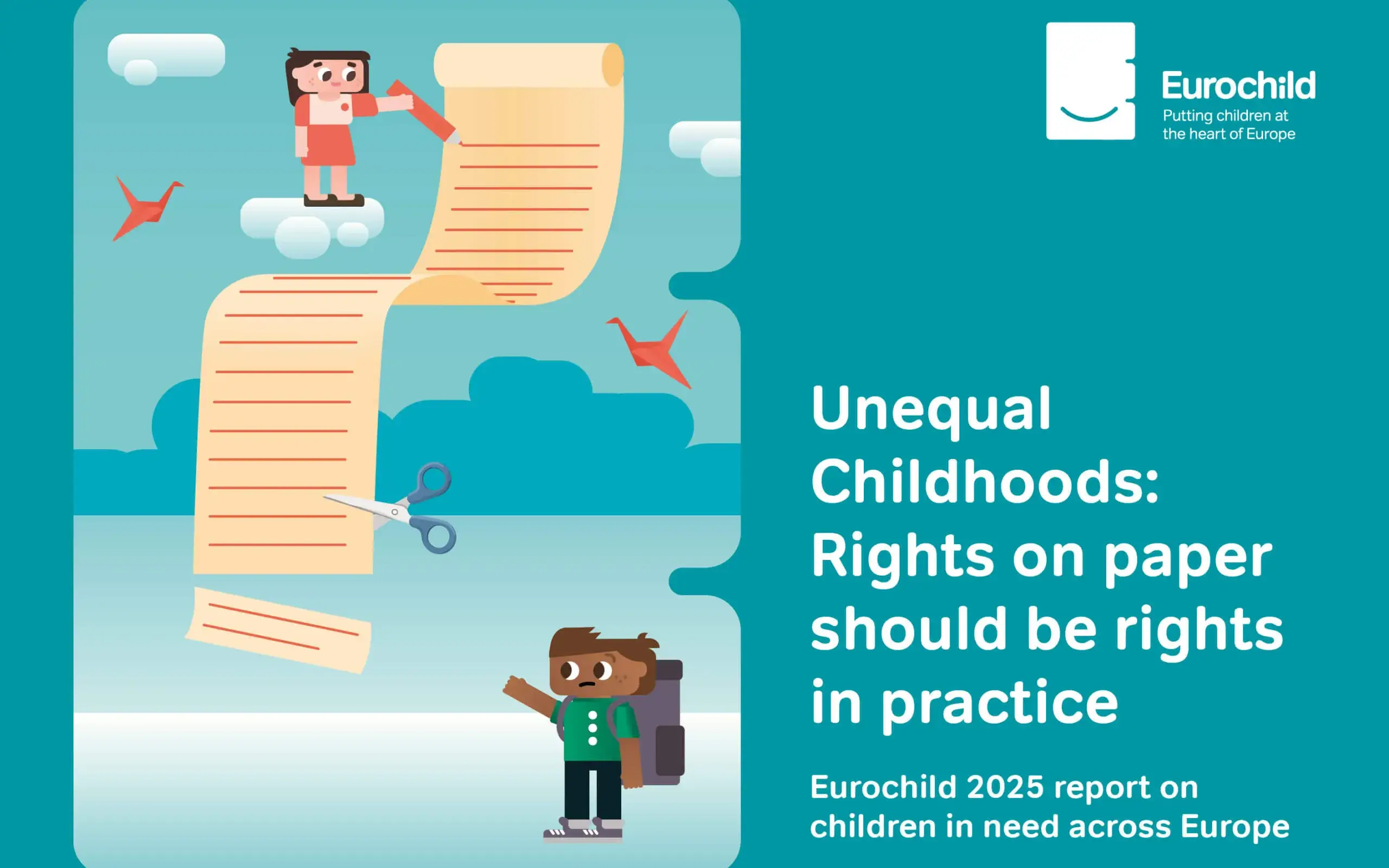The poorest and most vulnerable people have been the most affected by the effects of the pandemic all over the world.
It’s estimated that the Covid-19 pandemic become the worst human and economic crisis of our era. The irruption of this coronavirus has had a bigger effect on the poorest and most vulnerable people and has caused a further disruption to SDG progress.
In the same vein, Antonio Gutierres, UN Secretary General, said that “Although the novel coronavirus affects every person and community, it does not do so equally. Instead, it has exposed and exacerbated existing inequalities and injustices.”
According to the Sustainable Development Goals Report 2020, the 15-year global effort to improve the lives of people through the achievement of the 17 Sustainable Development Goals by 3030 and decades of progress on poverty, healthcare and education have been reversed due to the Covid-19 pandemic.
This report sets out the following key findings:
- 71 million people are expected to be pushed back into extreme poverty in 2020, the first rise in global poverty since 1998.
- Lost incomes, limited social protection and rising prices mean, even those who were previously secure could find themselves at risk of poverty and hung.
- Underemployment and unemployment due to the crisis mean some 1.6 billion already vulnerable workers in the informal economy, it means half the global workforce, may be significantly affected.
- Slums are at risk from the effects of COVID-19, suffering from a lack of adequate housing, no running water at home, shared toilets, little or no waste management systems, overcrowded public transport and limited access to formal health care facilities.
- Women, children, older persons, persons with disabilities, migrants and refugees are the most affected.
- School closures have kept 90 per cent of students worldwide (1.57 billion) out of school and caused over 370 million children to miss out on school meals they depend on.
- Lack of access to computers and the internet at home means remote learning is out of reach of many children all over the world
- As more families fall into extreme poverty, children in poor and disadvantaged communities are at much greater risk of child labour, child marriage and child trafficking.
This report also indicates that climate change is increasing much faster than anticipated while ocean acidification is accelerating; land degradation continues; massive numbers of species are at risk of extinction; and unsustainable consumption and production patterns remain pervasive.
The full report is available to download.
Source: UN







Add new comment